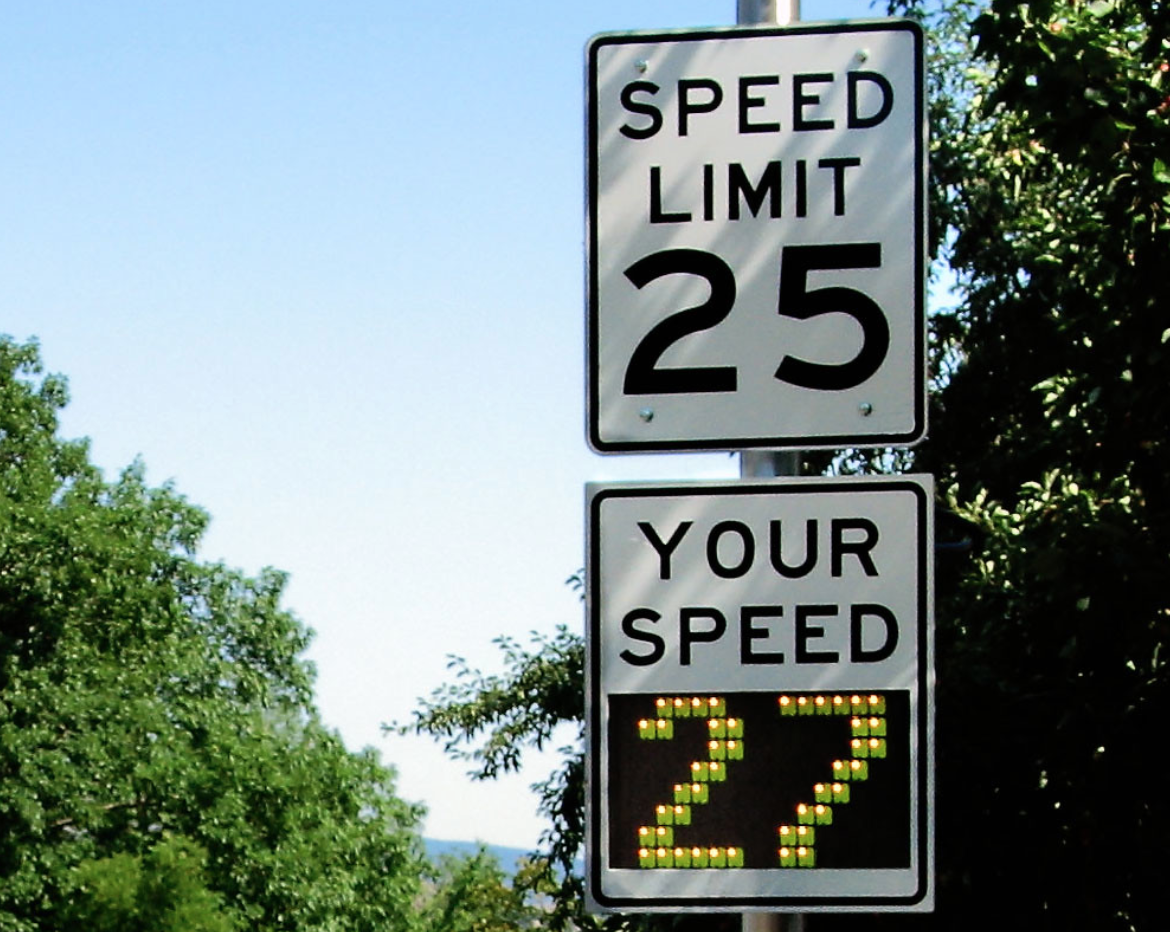- AAA tried to look at whether raising or lowering speed limits influenced drivers' behavior, but found there isn't much data. Still, it's clear that speed is a factor in traffic deaths, and that other factors like street design also influence how fast drivers go. (Route Fifty)
- Pedestrian deaths rose 77 percent in the U.S. from 2010 to 2021, largely because heavier, taller and more dangerous trucks and SUVs now make up three-quarters of all vehicles sold, up from a third in 1990 (The Conversation). But there are a few simple things cities can do to reverse the trend (Ars Technica).
- A New York state bill would require habitual speeders to install speed-limiting devices on their vehicles. (Government Technology, StreetsblogNYC)
- Uber and Lyft are trying to get a referendum on the Massachusetts ballot to deny their drivers labor rights and benefits. (WGBH)
- A Portland survey found that 60 percent of residents would ride transit and 45 percent would bike if they felt it were affordable and safe. (Bike Portland)
- Milwaukee's new downtown plan calls for exploring the removal of I-794. (WPR)
- Link light rail service in Seattle has been suspended because the ground beneath the tracks is sinking. (My Northwest)
- Nashville is creating a bike and pedestrian safety advisory commission. (News Channel 5)
- Cincinnati is the only city in the country that owns an interstate railway, and now the city wants to sell it for $1.6 billion and put the money in a trust fund for infrastructure. (Governing)
- Lime is bringing 200 e-bikes to St. Paul. (Pioneer Press)
- Fast-growing Savannah is seeking a $23 million federal Vision Zero grant. (The Current)
- Jacksonville's transit agency is the first to accept fare payment via Cash App. (Metro Magazine)
Today's Headlines
Friday’s Headlines Can’t Drive 55
Does lowering speed limits actually slow down drivers? It's hard to say, given a lack of data. Meanwhile, New York state might start addressing speeding by focusing on lead-footed drivers' cars.

The MUTCD is part of the reason why American speed limits are set based on how fast drivers feel compelled to go, and not how fast they should go to protect vulnerable road users. Image: Richard Drdul via Creative Commons
|Richard Drdul via Creative CommonsStay in touch
Sign up for our free newsletter
More from Streetsblog USA
Tuesday’s Headlines Are a Little Bit Safer
Traffic deaths are down about 12 percent, which the National Safety Council attributes to new technology and infrastructure investments.
Could Refurbished E-Bikes Be the Secret Weapon of the Livable Streets Movement?
A high-quality used market could be the boost America needs to get would-be riders off the sidelines and into the saddle, a new report argues.
How the ‘Little Free Pantry’ Can Help Feed the Hungry Without Requiring Them to Drive
Researchers are trying to reduce the mobility barrier to food by bringing it directly to neighborhoods.
Exactly How Much It Cost to Build the Average Parking Space In Your City
For new apartments, the research found that building required parking adds roughly $50,000 to $100,000 per unit, and disproportionately increases the cost to build smaller apartments.
Monday’s Headlines Took the Keys Away
A demographic disaster is coming as a generation of aging suburbanites become either dangerous drivers or trapped in their homes.
Why Anti-Trans Laws Are Terrible For Transportation, Too
A disturbing new Kansas law revokes trans people's driver's licenses. Here's how it will make our communities more dangerous.





